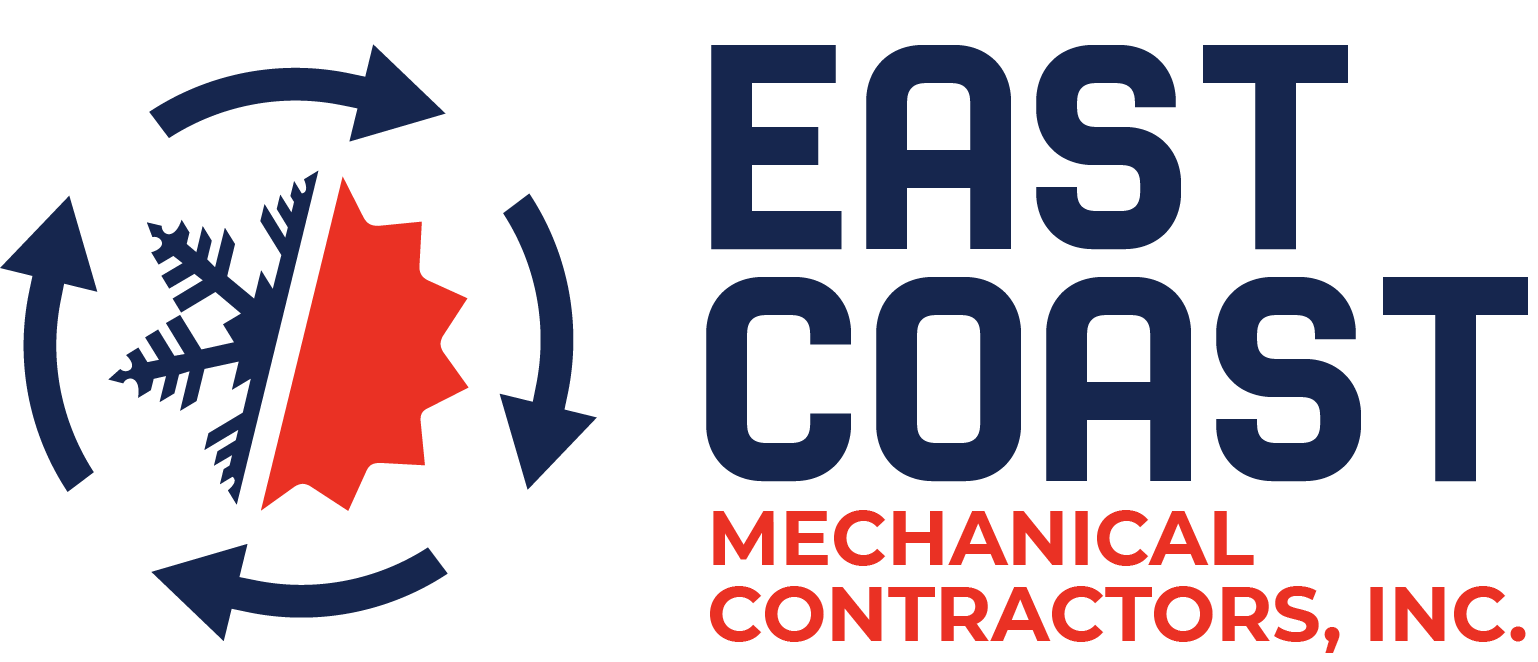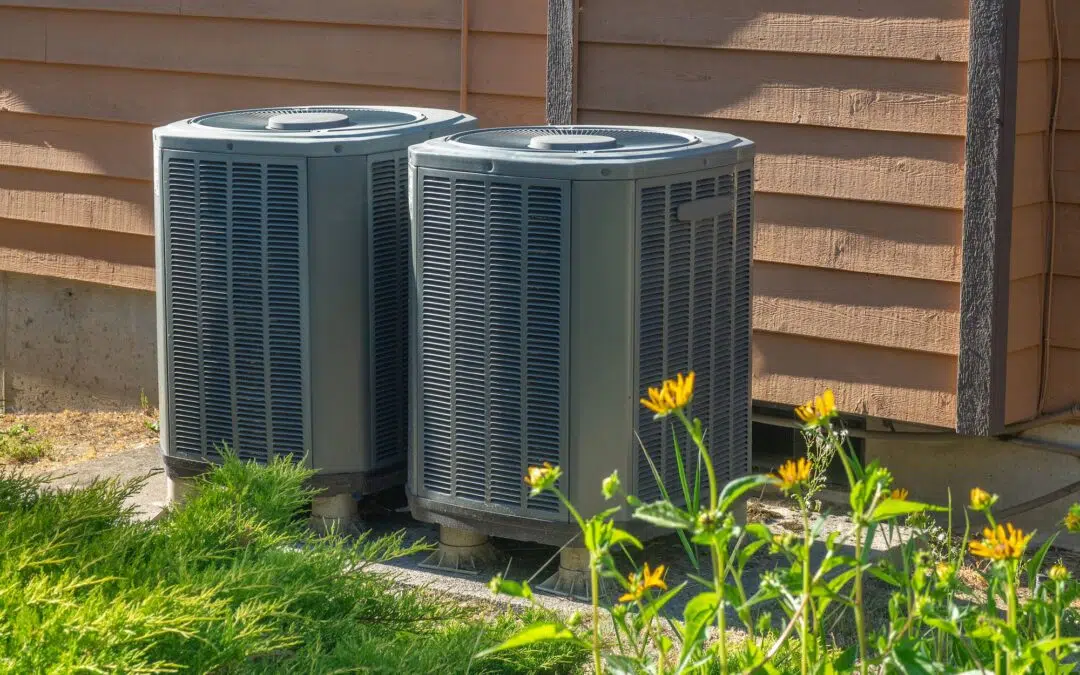An AC compressor is one of the most important parts of an air conditioning unit. It’s a mechanical device that compresses refrigerant gas and circulates it through the system, generating cool air to keep your space comfortable.
The compressor works by taking low-pressure gas from the evaporator coil and compressing it into high-pressure gas. When the compressed gas moves through the condenser coil, heat is released, causing the refrigerant to turn back into a liquid form. This process continues in a cycle until your room reaches its desired temperature.
There are two types of AC compressors: reciprocating and rotary. Reciprocating compressors use pistons to create pressure while rotary systems use rotating screws or vanes instead. Without a functioning compressor, your AC system won’t be able to work efficiently or generate enough cold air to cool down your space effectively.
Symptoms of a Bad AC Compressor
When it comes to your air conditioning system, the compressor is one of the most important components. The compressor is responsible for compressing refrigerant gas and circulating it through the AC system. However, if your AC compressor starts to fail, you will notice certain symptoms that signal there’s a problem.
Reduced Cooling Performance
One of the most common signs of a bad AC compressor is reduced cooling performance. If you notice that your air conditioner isn’t blowing cold air like it used to or takes longer than usual to cool down a room, then this could be an indication that there’s something wrong with the compressor.
Noises from your AC unit
Another symptom of a bad AC compressor is strange noises coming from your unit. This may include grinding or rattling sounds whenever you turn on your AC system. These sounds are typically caused by worn-out bearings in the compressor.
Leakage
If you see leaks around your air conditioning unit or notice an oily substance dripping from it, this could also be a sign of a failing compressor. A damaged seal in the center hub area can cause oil leakage. If any of these symptoms occur while using your air conditioner then consider calling an HVAC technician as soon as possible before things get worse!
How to Diagnose a Bad AC Compressor
Diagnosing a bad AC compressor is not always easy, but there are some telltale signs that can help you identify the problem. One of the most common symptoms of a bad AC compressor is loud and unusual noises coming from your air conditioning system.
Another way to diagnose a bad AC compressor is by checking if your AC isn’t cooling properly or taking longer than usual to cool down. A faulty compressor can reduce airflow and result in poor cooling performance.
You may also notice leaks around the compressor, indicating that it’s malfunctioning. If you see any oil stains near the unit, then it’s likely that the refrigerant has leaked out due to a faulty seal or broken component within the system.
If you detect an unpleasant smell coming from your vents when using the air conditioner, it could be another indication of a failing compressor. This smell is caused by mold growth inside the unit as moisture accumulates due to decreased efficiency.
Always remember that diagnosing a bad AC compressor should be done by an experienced professional who can accurately identify and repair your AC’s issues before they become major problems.
How to Fix a Bad AC Compressor
Fixing a bad AC compressor can be quite tricky and it’s best to leave it to professional technicians. However, if you’re feeling confident in your DIY skills, then here are some steps that might help.
You’ll need to remove the old compressor from the AC system. This requires draining all refrigerant from the system first. Once done, proceed with taking out any electrical connections and mounting bolts before pulling the compressor out.
Next up is installing a new compressor into your AC unit. Before this step, make sure to flush all remaining debris and particles from the hoses using an approved flushing solution. After following manufacturer instructions on the installation of a replacement compressor ensure proper sealing around gaskets for secure fitting.
Recharge your air conditioning system with fresh refrigerant which would require specific equipment or tools such as A/C gauges and vacuum pumps – it’s important not to overcharge the system with too much or too little refrigerant in order for optimal performance.
Remember that fixing a bad AC Compressor can be dangerous due to high-pressure components – so always take safety precautions when attempting repairs yourself!
Contact us
After reading this article, you should now have a good understanding of what an AC compressor is, the symptoms of a bad AC compressor, and how to diagnose and fix it. Remember that regular maintenance can help prevent issues with your AC system, including the compressor. If you do suspect that your AC compressor is failing, it’s important to address the issue as soon as possible to avoid further damage or costly repairs. With proper attention and care, your air conditioning system can continue to keep you cool and comfortable for many summers to come.
If you have an upcoming HVAC project, join hands with a licensed and insured contractor at East Coast Mechanical. Email: ecmcecmc@aol.com Address: 5133 W Hurley Pond Rd Suite A, Wall Township, NJ 07727 Hours: Monday to Friday 8 AM to 5 PM and Closed Saturday and Sunday.
Phone: 800-300-ECMC or 732-751-8877

